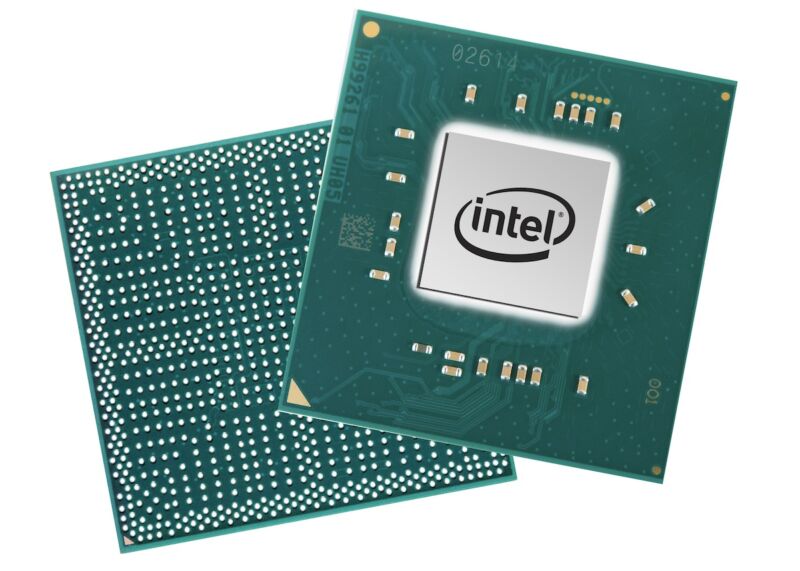New secret-spilling hole in Intel CPUs sends company patching (again)
Dan Goodin
Ars Technica
Enlarge (credit: Intel)
Intel is fixing a vulnerability that unauthorized people with physical access can exploit to install malicious firmware on the chip to defeat a variety of measures, including protections provided by Bitlocker, trusted platform modules, anti-copying restrictions, and others.
The vulnerability—present in Pentium, Celeron, and Atom CPUs on the Apollo Lake, Gemini Lake, and Gemini Lake Refresh platforms—allows skilled hackers with possession of an affected chip to run it in debug and testing modes used by firmware developers. Intel and other chipmakers go to great lengths to prevent such access by unauthorized people.
Once in developer mode, an attacker can extract the key used to encrypt data stored in the TPM enclave and, in the event TPM is being used to store a Bitlocker key, defeat that latter protection as well. An adversary could also bypass code-signing restrictions that prevent unauthorized firmware from running in the Intel Management Engine, a subsystem inside vulnerable CPUs, and from there permanently backdoor the chip.
Read 13 remaining paragraphs | Comments
Continue Reading